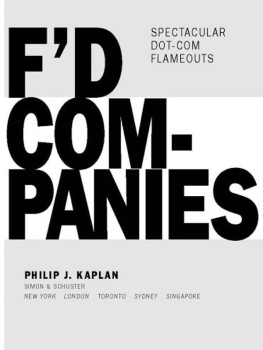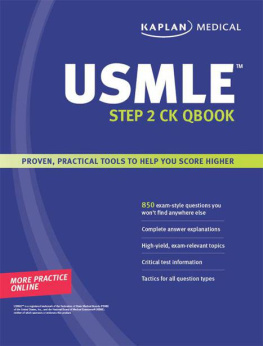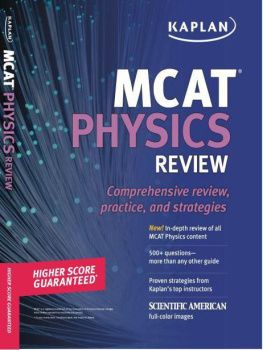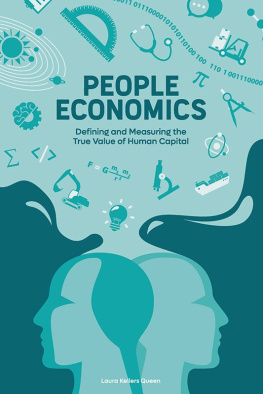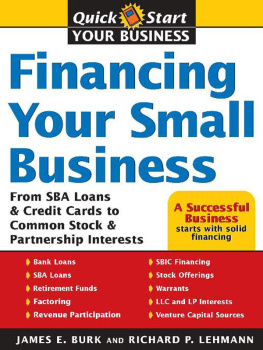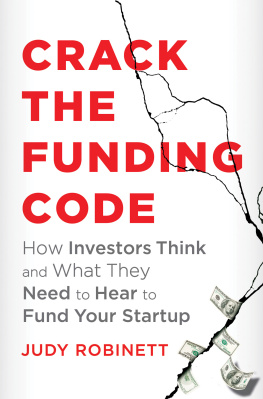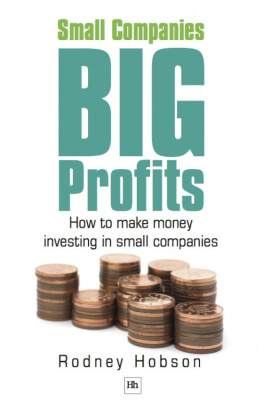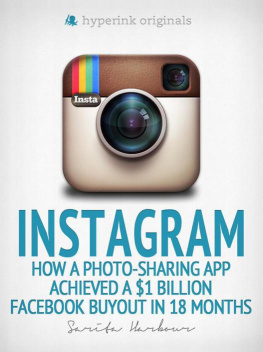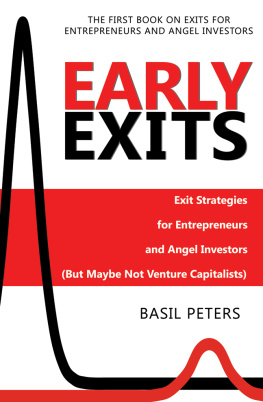
SIMON & SCHUSTER
Rockefeller Center
1230 Avenue of the Americas
New York, NY 10020
Visit us on the World Wide Web:
http://www.SimonSays.com
Copyright 2002 by PK Interactive, LLC
All rights reserved, including the right of reproduction in whole or in part in any form.
S IMON & S CHUSTER and colophon are registered trademarks of Simon & Schuster, Inc.
ISBN-10: 0-7432-3543-6
ISBN-13: 978-0-7432-3543-3
FOR MY IMMEDIATE FAMILY
Mom, Dad, Seth, and Joseph
FOR MY EXTENDED FAMILY
the thousands of employees who were screwed, ripped off, tricked, lied to, or otherwise abused by the companies herein
INTRODUCTION
So a bunch of Internet companies went bust... You may think Im pretty arrogant for claiming to know what their problems were without knowing the first thing about them. And youre probably right. Honestly, I made all this shit up... Okay book over stop reading now.
The End
Still, hindsight is 20-20, right?
I mean, who could have guessed that people wouldnt pay big money to read amateur investment advice from complete strangers? (See iExchange.com)
Who could have known that we wouldnt rush to trade in our U.S. currency for FLOOZ?
Who knew that consumers wouldnt put a $500 device called evil in their kitchens? (See E Villa )
And incubators? (See CampSix )
Whyd They Fail?
Ask an ex-employee and hell probably blame management.
Ask management and theyll likely blame the economy.
The economy? MORE VENTURE CAPITAL WAS GIVEN OUT DURING THE FEW YEARS IN WHICH THESE COMPANIES WERE FOUNDED THAN IN THE ENTIRE HISTORY OF AMERICA. BUSINESSES AND CONSUMERS WERE SPENDING RECORD AMOUNTS AND INTERNET USAGE SURPASSED ALMOST ALL PREDICTIONS.
Sure the economy got all fucked up (Im a financial whiz as you can tell... ). But it wasnt due to something that happened rather, it was due to a lot of things that didnt happen. We didnt turn off our radios. We didnt abandon our TVs. We still go outside to shop most of the time (except mei dont wear pants).
We laughed at Flooz.
We thought the sock puppet was annoying.
So Then, Whyd They Fail (Part II)?
If run properly, many of these companies could have made it as small, successful businesses. Thing is, small wasnt in their vocabulary. Youll find specifics in the rest of this book.
But in general......
Too early, too late, too expensive, too cheap, too big, too much competition, too much supply, not enough demand... and okay maybe a bit because of management... twenty-something Banana-Republic-khaki-pant-wearing Gap-blue-shirt-sporting Stanford-MBA-having Boxster-driving day-trading choad-smoking secretary-ass-palming CEOs.
But we wont discuss them. Nope. I really just wrote that cuz I wanted to use the word ass-palming.
What Is Ass-Palming?
Far as I can tell, its like palming a basketballgripping it firmly with one hand. But with ass.
Who Is This Dipshit?
Im not an analyst, Im not an investor, Im not an executive Im a computer programmer. Im that dude at your office in the dark cubicle who nobody listens or pays attention to (especially the hotties in marketing).
On the Internet (yeah Im cool like that), I go by Pud. I was thinking about making Pud the official author of this book but then I remembered my main motivation for writing ithanging out in the bookstore picking up chicks.
Hey waddaya know, they have MY BOOK here. Yes, I wrote it. Uh huh its true. Now come home with me you MINX.
Youre Pud?
So now Im Philip J. Kaplan. I put the middle initial in there not only cuz Im a huge Family Ties fan, but also because theres apparently some dude who writes World War II novels named Philip Kaplan.
... although come to think of it, he prolly scores tons of ass with that stuff... oh well too late to change now (as I write this, this book is already for sale on Amazonit even says how many pages its gonna be. Miss Cleo must work there.)
Wha? oh yeah.
Fuckedcompany.com
In May of 2000 I built a website called Fuckedcompany.com. That was just around the time when tech markets started to go south. One month earlier, April 2000, is the month generally associated with being the start of the dot-com shit-storm.
Fuckedcompany.com was my attempt at a bad news only site about dot-com companies... but to keep it stupid (I like stupid. So do you, as evidenced by the book youre now holding in your sticky little fingers), I made it like a celebrity dead-pool. But instead of betting on celebrity deaths, users bet on the demise of selected companies.
Anyway... the site started out pretty much as a joke. I used to read a lot of the technews sites, scouring for bad dot-com news. Not cuz Im morbid or anything, but because Id been waiting for it. Id been waiting for something.
Allow me to explain.
To many people, including myself, the whole dot-com thing was like a murder mystery. You think you know who dunnit, but either way, the suspense builds up until you reach the finale. The suspense of watching millions upon millions of dollars being POURED into these startup businesses was grippingthey didnt make any money, so what would happen as the cash started to run out?
Well Id write a book about it, thats what would happen of course.
And so here I am JACKASS.
When did I get so cynical? A question Ive been asked a few times... what follows is the short version. If you dont give a fuck (if I were you I probably wouldnt), feel free to skip this section.
So.
Bearded Clam: The BBS Days
In 1989 I was a freshman in high school. Interested in building games and graphics, Id taught myself a fair amount of computer programming. To fuel my research, I pulled an extension from my dads fax line into my bedroom and launched The Bearded Clam (TBC)a bulletin board system (BBS) on a state-of-the-art Hyundai 386sx computer with 2400 baud modem.
Yeah, Hyundai made PCs at that point. They pretty much sucked as bad as the carsbut were just as cheap.
So if you dont really know what a BBS is, think of it as a websitebut instead of dialing into your Internet service provider (ISP) and then connecting to the website through your browser, you instead dial directly into the website.
Each BBS had a different phone number, and very few BBSs were networked to anything. Kids generally frequented BBSs in their local area code, as to avoid long-distance charges. For that reason, there was demand for similar BBSs in different area codes (wake upthat was foreshadowing... ). In other words, a BBS in California wasnt competition for a website in New York, even if they were identical.
Like a website, most BBSs allowed users to send email (to other users on that BBS), participate in message boards, chat, play text-based games, and trade files.
Also like websites, most BBSs had a specialty. Gaming, community, porn... My BBS specialized in pirated softwarespecifically, games. As the system operator (SysOppretty much equivalent to webmaster), I provided none of the files, but simply kept the server running as users traded files and information.
Fast-forward four years. As a freshman at Syracuse University in 1993, a friend of mine was telling me about this new thing called Mosaic. Developed by Netscapes Marc Andreesen (who later bombed out with LoudCloud; see Xuma.com), Mosaic was the first graphical web browser to achieve any sort of popularity.
The First Thing I Said...
... when I saw a web browser for the first time, no lie, was Wow! Its like a BBSbut instead of needing, say, a gaming BBS in each area code, you only need ONE gaming BBS for the whole thing!!

